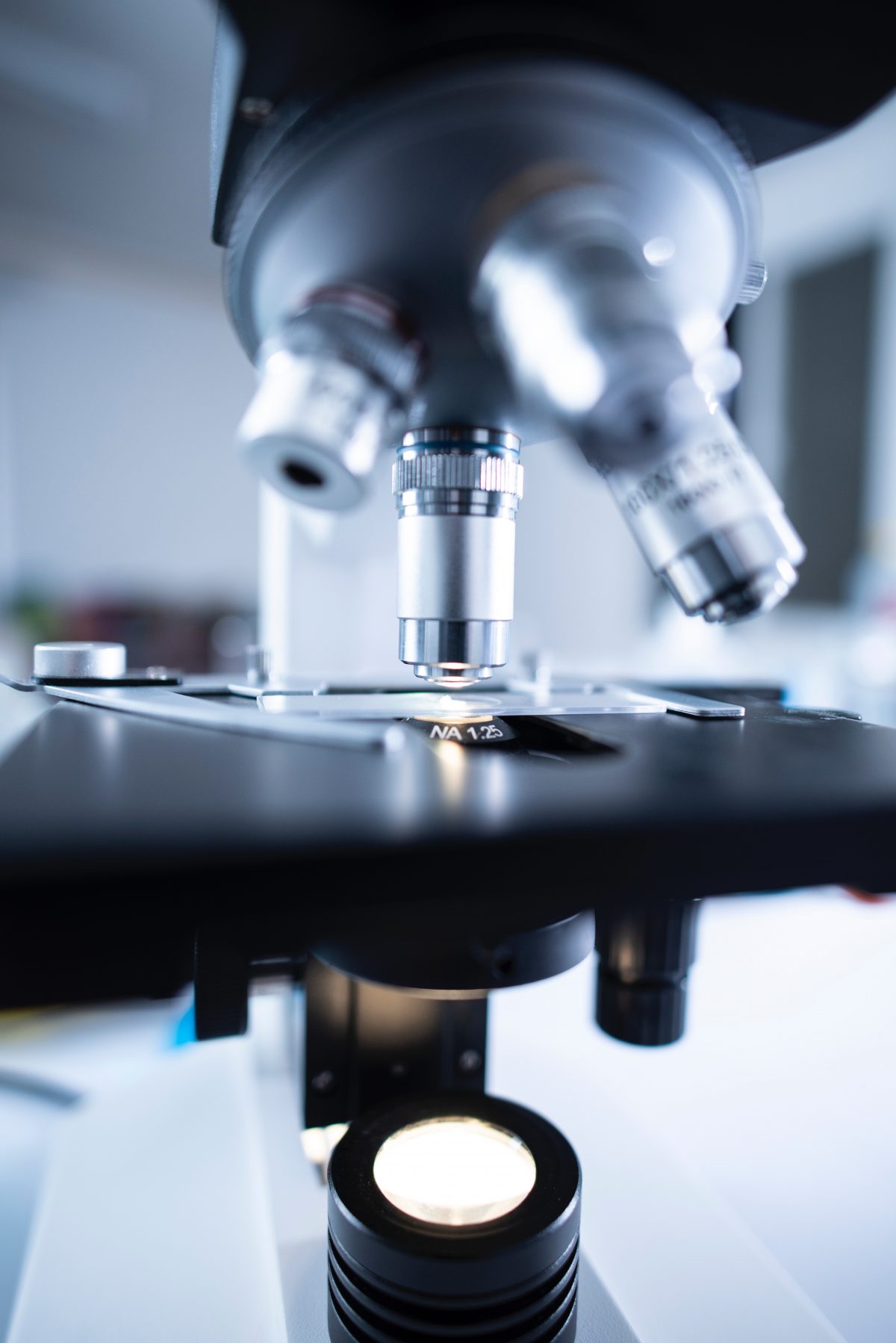Thanks to ongoing research, patients have a lot more options for treating many kinds of painful orthopedic issues. Some of the most promising of these treatments involve stem cells, specialized cells that everyone has access to within his or her own body.
Share this Post
What are Stem Cells?
Stem cells are the basic building blocks of all multicellular organisms; they direct the development of individual cells, tissues and organs by becoming specific types of cells when needed. For example, in humans, embryonic stem cells control fetal development; they essentially “morph” into different kinds of cells (like heart, skin and nerve cells, etc.) during gestation so that a person’s body is able to sustain life once born. After birth, our bodies continue to harbor another type of stem cell — called somatic or adult stem cells — which work in tandem with other cellular systems to help replace dead and damaged cells throughout the body for the remainder of our lives.
Using Stem Cell Therapy for Shoulder Injuries Can Be a Good Alternative to Surgery
Advancements in scientific understanding of how and when adult stem cells are triggered to work have enabled doctors to harness their power intentionally, providing patients with much needed relief for a variety of disorders. For those with orthopedic conditions, in particular, where the healing of bones, muscles, cartilage, ligaments and tendons is often complicated by natural low blood supply, aging issues and more, having access to a therapy that “activates” their own bodies’ stem cells frequently speeds up (and sometimes even initiates) the curative process. In this way, stem cell therapy for shoulder injury and/or degradation is a good alternative to surgery, saving patients from a potentially invasive procedure, long recovery and needless expense.
How Stem Cell Therapy for Shoulder Injury and/or Degeneration Works
Some of the most common orthopedic injuries involve the shoulder. The shoulder is a massive joint that is used constantly in our everyday lives. We use our shoulders for everything from brushing our teeth and hair to playing sports, hugging our loved ones and lifting and carrying books, babies, bags and more! Unfortunately, repetitive use of the shoulder, as well as trauma and, of course, advancing age, can cause the muscles and tendons within the shoulder joint to degrade or become damaged. In the past, surgeons would have to cut into the joint to repair it, but now there’s the option to use stem cell therapy for shoulder injury and/or wear and tear issues. Here’s how it works:
After a consultation, review of the patient’s history and confirmation that stem cell therapy for a shoulder injury is a valid treatment option, a reputable stem cell clinician will harvest stem cells from the patient’s own body (usually adipose tissue and bone marrow). The stem cells will then be combined with other biologics to create a concentrated and reparative solution that is injected into the patient’s damaged shoulder tissue using x-ray or ultrasound guidance. Once injected within the damaged tissue, the stem cells have the ability to initiate a natural immune response within the body that is capable of speeding up the healing process and minimizing pain. Indeed, studies indicate that stem cell therapy for shoulder pain triggers the expression of anti-inflammatory, anti-apoptotic and anti-fibrotic signals that consequently produce an environment that is conducive to wound healing and tissue regeneration. Our own results here at ThriveMD confirm it, with the vast majority of our patients experiencing fast and lasting pain relief.
Stem Cell Therapy for Shoulder Injury, Degeneration and Pain is a Smart Choice For Many
If you have a shoulder injury or shoulder pain issues, stem cell therapy could be a better option for you than surgery, sparing you the discomfort of an invasive procedure and the nuisance of an extended period of recovery. Stem cell therapy for shoulder injury is a minimally-invasive option that often saves you time and money and actually has the ability to regrow (not just replace or repair) damaged tissue; please contact ThriveMD to schedule a consultation and learn whether or not it might be an option for you or a loved one.


